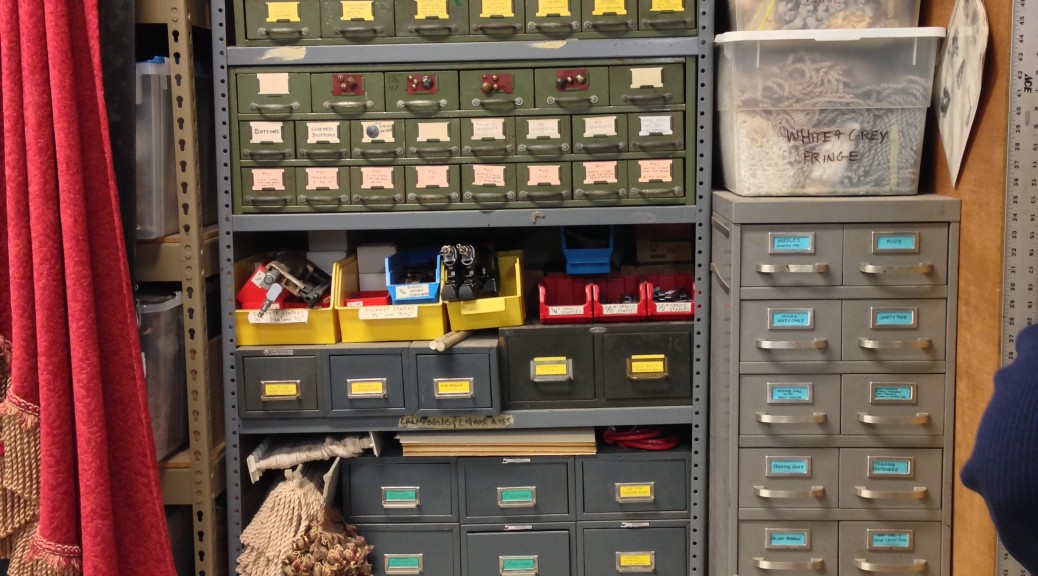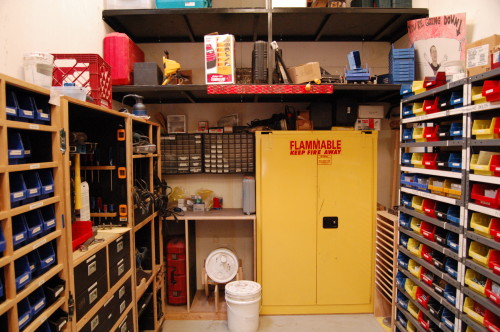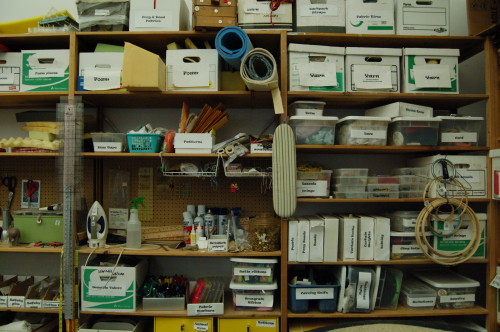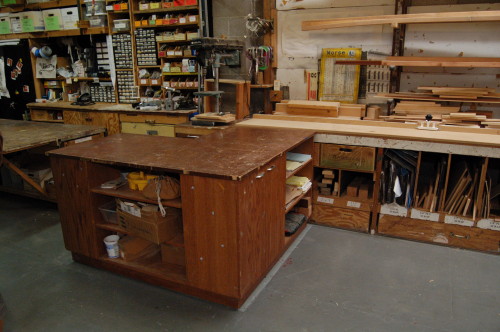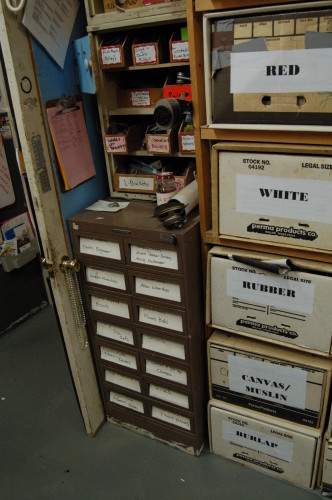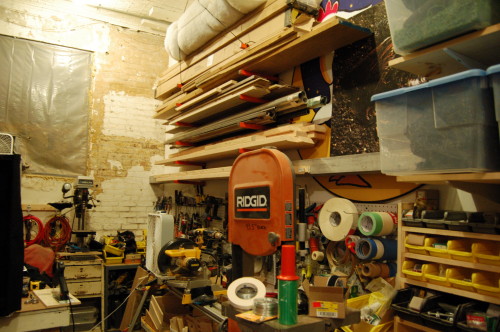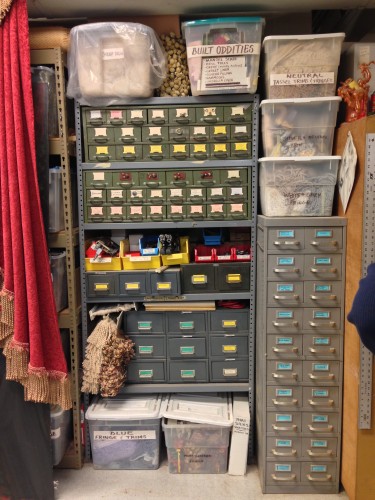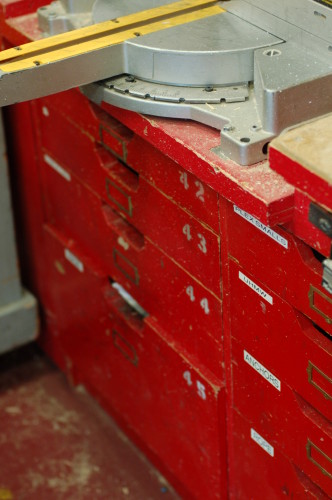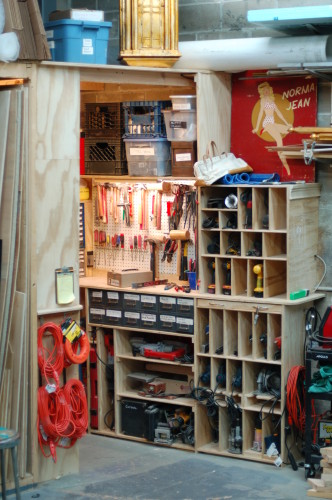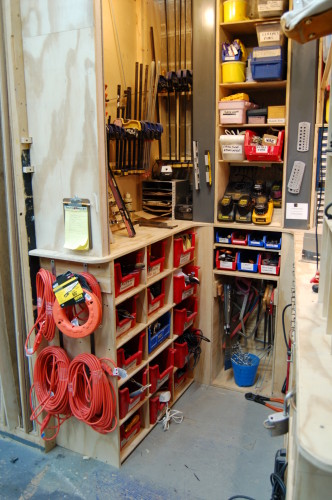The following appeared in an 1884 issue of the Bismarck Weekly Tribune:
One of the Most Important Individuals About a Theatre
“One of the most useful and important functionaries about a theatre is the property man,” said one who has grown gray in the business the other day. “By the property man is meant the person whose duty it is to furnish the properties for all the plays produced, and to see that they are placed conveniently at hand to be ready when wanted. Properties are everything used in a play except the scenery. The carpets, furniture and curtains, guns and pistols, pocket-books, money, candles, matches, cigars, pianos, pictures, food and drink, letters, musical instruments—all these and countless other things come under the head of properties.
The Property-Room
“Every theatre has what is called a property-room where these things are kept. It has very much the appearance of a pawn-broker’s shop, except that nothing is wrapped up and there is no counter. Come in here and see for yourself,” he continued, as he led the way into a dingy room at the back of the stage, where there was a most heterogeneous collection of such articles as he had named.
“Few people have any idea of the care and responsibility of a property man. He has more on his mind than anybody else about a theatre. There are 150 different things, large and small, that he must remember, and woe betide him if he forgets any one of them or fails to have it in its proper place at the right time. People who visit the theatre have no idea how dependent they are on the property man for their pleasure, for if he forgets anything or does not have everything just as it should be it will give rise to a contretemps, which will retard the action of the scene and mar its whole effect.
A Choice of Pistols
“For example; It is part of his duty to attend to all the fire-arms used on the stage. In the most critical part of the play the leading man is to rescue the leading lady from the tolls of the villain by killing him with a pistol shot. The property man selects the best pistol in his collection, cleans and loads it carefully, fires it off in the property-room to make sure that it won’t miss fire, loads it again, and in a perfectly comfortable frame of mind gives it to the leading man as he goes on for his great scene. The critical moment arrives. The leading man cries out in his most terrible voice: ‘Die villain!’ and pulls the trigger, but the pistol doesn’t go off, so the villain must either fall and die without having been shot, or else he must live on, succeed in abducting the beautiful maiden and thus ruin the play.
I am sorry to say that property men, being somewhat given to profanity, divide their firearms into three classes—the sure, the very sure, and the d****d sure. The first are given to the most unimportant of the supers, the second are given to those of somewhat greater importance, while only the last are ever given to the people who play important parts and whose guns must go off in order to carry out the plot of the play.
“The Property Man”, The Bismarck Weekly Tribune, Oct 31, 1884, pg 2. Reprinted from The Philadelphia Times,

